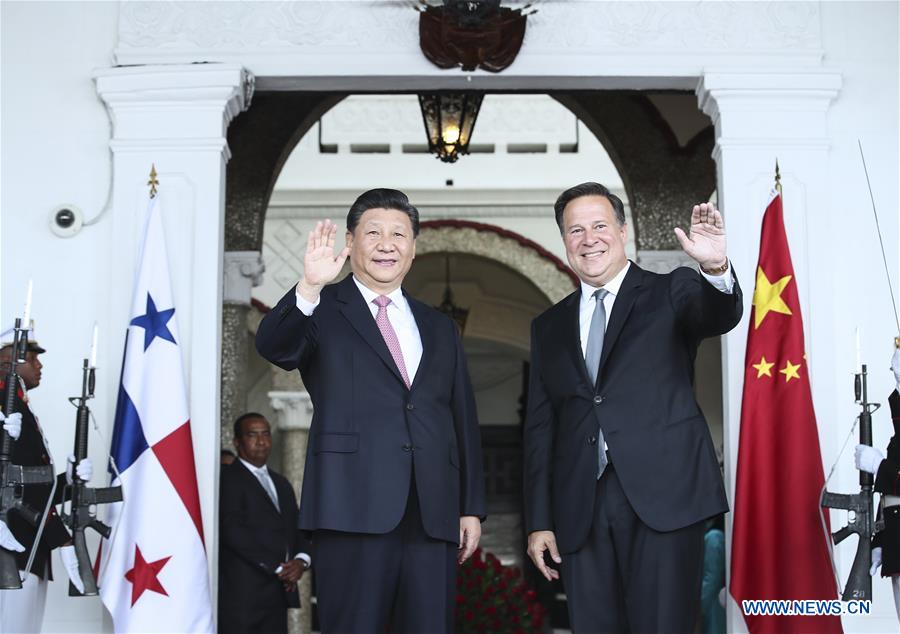Belt and Road a vehicle to realize common growth: China Daily editorial
China Daily | Updated: 2018-12-04 19:47

From Madrid to Buenos Aires to Panama City to Lisbon, as he has done on nearly every other stop on his recent overseas trips, President Xi Jinping has tirelessly promoted the building of a community of shared future for mankind, and the Belt and Road Initiative as a means to achieve that.
Inspired by and modeled on the ancient Silk Road, the Beijing-proposed initiative is meant to bring countries together again via infrastructure and trade links. For Beijing, it is not only an antidote to the rising tide against globalization, but also a means to create a community of shared interests and responsibilities.
But not everyone sees it that way. While some countries have been quick to see the positive potentials of the Belt and Road and how they can benefit from it, there are some who insist on viewing it more warily.
Accompanying Xi on each of his stops, there have been the usual suspicions from some quarters about the motives behind the Belt and Road. Although the mysterious threat they speak of is one that they seem unable to pin down.
To some of them, it is a generic and vague assumption that investments from China are potential "debt traps" that call for extreme vigilance. Or else "threats to national security", which is why what would be mutually beneficial business mergers involving Chinese enterprises have hit the rocks. The Chinese telecommunications technology giant Huawei, for instance, has found the doors to the 5G telecommunications markets of advanced countries closed to it on "national security" grounds. Likewise, the European Union has agreed a framework regulating foreign investment, particularly those from China, on the same premise.
Even as Chinese and Portuguese leaders discuss bilateral cooperation under the Belt and Road, there is no lack of concern about "China's influence".
But existing EU rules do not prohibit Lisbon from seeking such a partnership. If Lisbon sees no harm from foreign investment, no outsider is in a position to prevent it from making a choice that is in its own best interests.
Portuguese Prime Minister Antonio Costa has reminded EU decision-makers of his country's desire for foreign investment, and advised the latter to avoid taking "the path of protectionism".
It was a timely and apt reminder.
Xi's trip, as he wrote in a signed article published in the Portuguese media, has taken him across the Eurasian continent to destinations in Europe and across the Atlantic Ocean to Latin America, and what has impressed him most have been the ardent aspirations of people around the world for peace, tranquility, development, progress and a happier life.
In the face of the difficulties and challenges in today's world, China and the countries that have embraced the Belt and Road are convinced it is the way to common development and lasting peace and stability in the world.
























